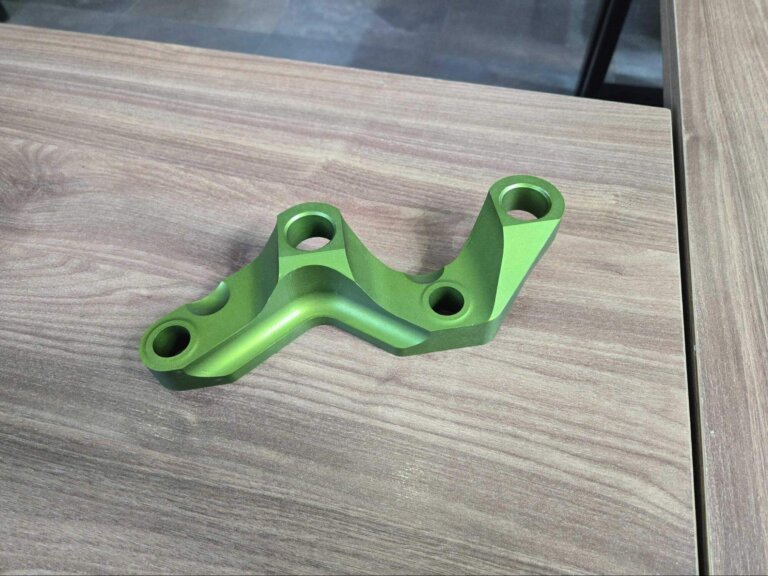Aluminum is one of the most commonly used metals in the world because of its excellent strength-to-weight ratio, low cost, and recyclability. Fictiv offers multiple aluminum alloys.
Our standard alloy on platform is 6061, a versatile and easy-to-machine metal. It is corrosion-resistant, non-magnetic, and heat treatable.
7075 Aluminum is a hard, high strength alternative to 6061 Aluminum . It is often used for parts in high-stress applications, and is also corrosion-resistant, non-magnetic and heat treatable.
7050 Aluminum can be used instead of 7075 when high stress corrosion resistance is necessary (ie. bulkheads and fuselage frames). It is heat treatable and non-magnetic.
2024 Aluminum is not as strong as 7075 Aluminum but is commonly used when a high strength-to-weight ratio is required. It is heat treatable and non-magnetic.
5052 Aluminum is the easiest aluminum to weld and is exceptionally corrosion resistant against salt spray and salt water. It is easy to form, heat treatable, and non-magnetic.
6063 Aluminum is more corrosion resistant and formable than 6061 Aluminum. It is not ideal for high strength applications, but can be used for exterior railings and decorative trim. It is heat treatable and non-magnetic.
Also known as jig plate or cast tool, MIC6 is a cast aluminum alloy that is great for tight tolerance applications due to it being stress-relieved. It is most commonly used in precision machine tables and tooling. MIC6 is non-magnetic and not heat treatable.








